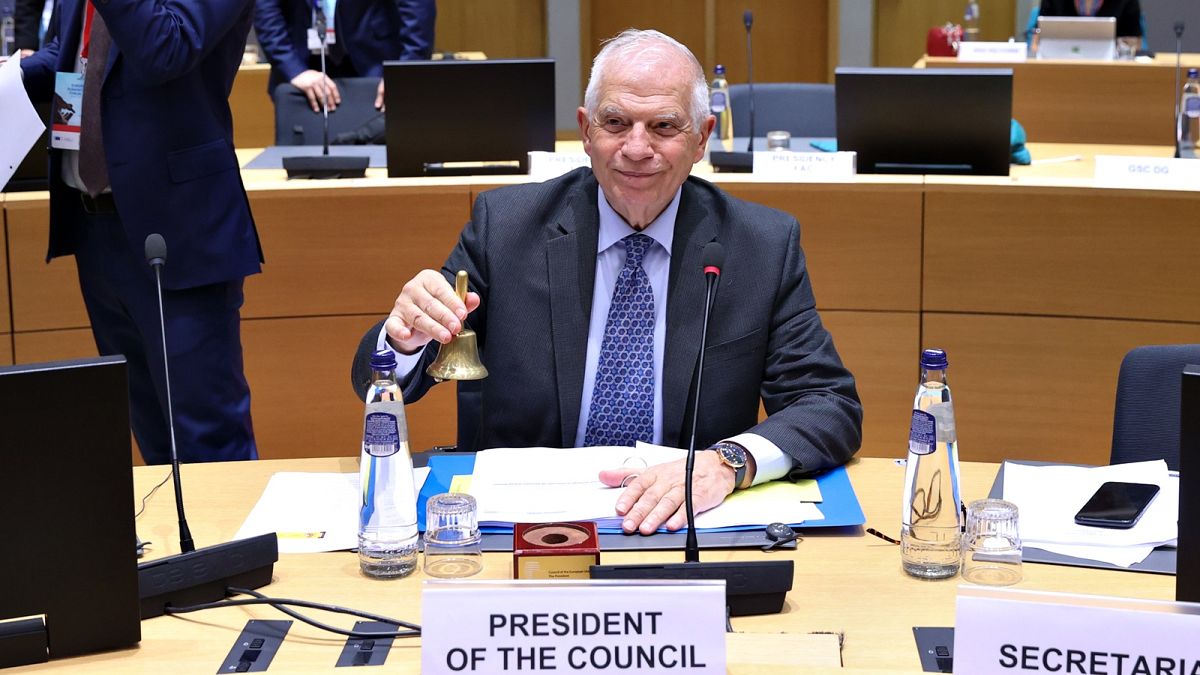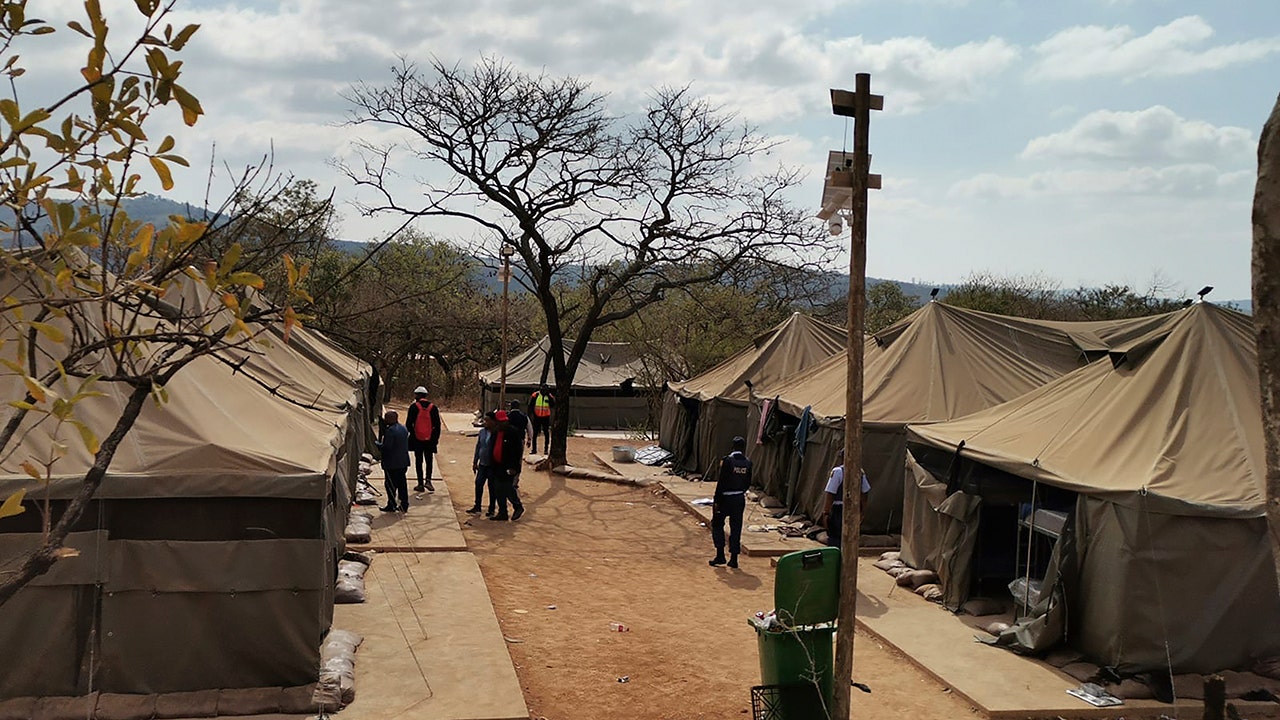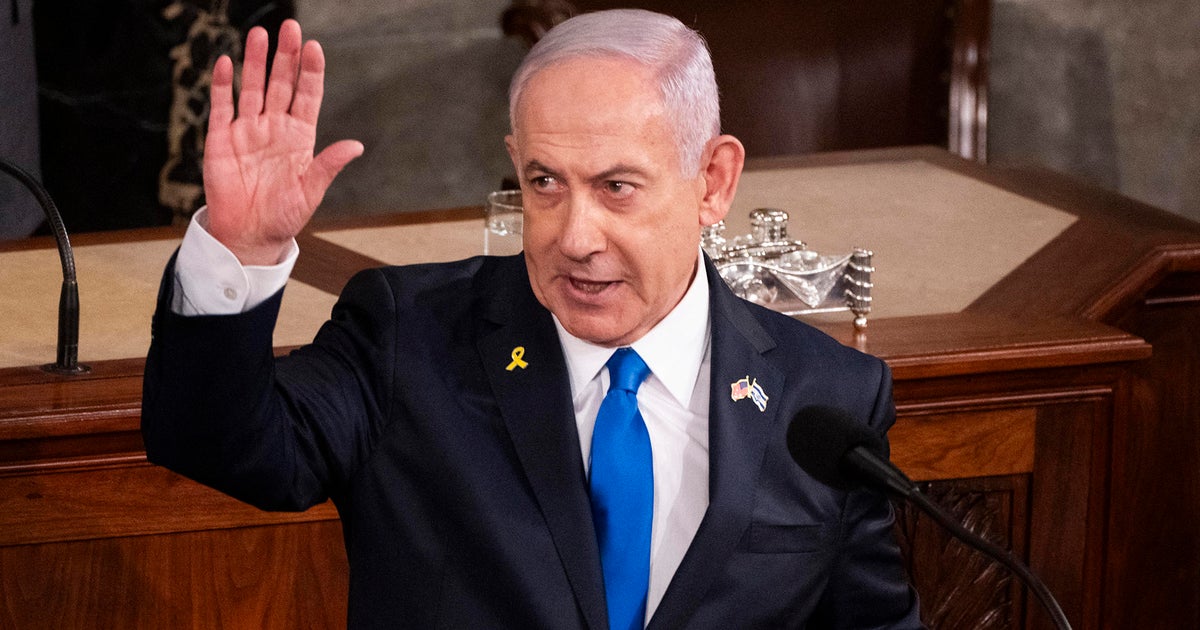World
EU reaches 'political agreement' to sanction Israeli settlers: Borrell

After weeks of disagreements, the European Union has reached a “political agreement” to sanction extremist Israeli settlers, says Josep Borrell.
The breakthrough occurred during a meeting of the bloc’s foreign affairs ministers on Monday, where the issue was put on the table to give diplomacy a new chance.
“We discussed about the sanctions (on) Hamas. And we agreed on sanctions on extremist settlers. It was not possible last Foreign Affairs Council. This time has been possible. A solid compromise has been agreed at the working level and I hope this will continue until full adoption soon,” the bloc’s foreign policy chief announced at the end of the meeting. “But the political agreement is there.”
The sanctions have been in the works for months and were initially held up by a handful of countries, including Germany, the Czech Republic and Austria, who are among the bloc’s staunchest supporters of Israel.
But the devastation wrought across the Gaza Strip and the continued reports of violence perpetrated by Israeli nationals against Palestinians injected a sense of urgency into the talks, which further deepened after the United States, the United Kingdom and France went ahead and sanctioned a handful of extremist settlers.
The final roadblock was Hungary, which, according to diplomats, communicated last week that it would lift the opposition, raising hopes for a breakthrough on Monday.
The political agreement still requires a final adoption by ambassadors before entering into force. Settlements in the West Bank are illegal under international law and are considered a major obstacle to achieving a durable peace under the two-state solution.
The sanctions are “about specific people who have been identified as responsible for violent acts,” Borrell told reporters, confirming the restrictions will consist of a travel ban and the freezing of assets owned in EU territory. “What else can we do? We always sanction individuals and organisations in the same way.”
Asked about the names of the blacklisted settlers, Borrell added: “Like the Quixote would say, I don’t want to remember.”
The decision was part of a careful diplomatic choreography to coincide with fresh sanctions against Hamas, which the bloc considers a terrorist organisation.
In reaction to the attacks of 7 October, which killed over 1,100 civilians in Israel, the EU established a dedicated sanctions regime to target any individual or entity suspected of supporting, materially or financially, Hamas and the Palestinian Islamic Jihad (PIJ).
Six financiers were added to the blacklist on 19 January.
‘Open-air graveyard’
Monday’s meeting of foreign affairs ministers took place as the Integrated Food Security Phase Classification (IPC) released a new report showcasing the extreme gravity of the humanitarian crisis in Gaza, where more than 31,000 people have been killed since the start of the Israeli offensive.
According to the IPC, “the entire population in the Gaza Strip (2.23 million) is facing high levels of acute food insecurity,” with half the population under the category of catastrophe. In the northern section of the enclave, famine is “imminent.”
The military conflict, the scarcity of humanitarian aid and the limited access to food supplies, healthcare, water and sanitation are all factors behind the deterioration.
“The escalation of hostilities has caused widespread damage to assets and infrastructure indispensable to survival. About 50 percent of buildings – and more than 70 percent in the northern governorates – have been damaged or destroyed,” the report says.
Before heading into the meeting, Josep Borrell, the EU’s foreign policy chief, painted a grim picture of the situation on the ground.
“Gaza was before the war the greatest open-air prison. Today it is the greatest open-air graveyard. A graveyard for tens of thousands of people, and also a graveyard for many of the most important principles of humanitarian law,” Borrell told reporters.
Borrell also said he would propose a “political orientation debate” about the future of the EU-Israel Association Agreement, which has been in force since 2000. Last month, Spain and Ireland, two of the bloc’s most critical voices against Prime Minister Benjamin Netanyahu, joined forces and called for an “urgent review” of the agreement.
But during the ministerial meeting, at least six member states came against the review: Germany, Italy, Austria, the Czech Republic, Bulgaria and Hungary, several diplomats told Euronews, speaking on condition of anonymity.
Borrell admitted convening a formal Association Council with Israel would be “certainly complicated” and lacked “strong support.” A more practical idea would be to invite Israel’s foreign affairs minister, Israel Katz, to the next meeting in Brussels.
The invitation, Borrell added, should also be extended to the new prime minister of the Palestinian Authority, Mohammad Mustafa.
This article has been updated with more information.

World
Celine Dion Makes Triumphant Comeback at Paris Olympics Opening Ceremony — Watch Full Performance

ad
World
95 Libyan nationals arrested in South Africa at suspected secret military training camp

South African police arrested 95 Libyan nationals in a raid on a suspected secret military training camp on Friday and authorities said they were investigating whether there were more illegal bases in other parts of the country.
The camp was discovered at a farm in White River in the Mpumalanga province, about 360 kilometers (220 miles) northeast of Johannesburg, police said.
ELEPHANTS KILL TOURIST IN SOUTH AFRICA AFTER HE TRIED TO GET CLOSE TO TAKE PICTURES
National police spokesperson Athlenda Mathe said in a post on the social media site X that the Libyans stated they had entered the country on study visas to train as security guards, but police investigations suggest they have received military training.
The Newzroom Afrika TV news channel broadcast pictures of the site of the arrests, showing a military-style camp with large green and khaki tents set up in a row. Dozens of men were seen lining up as they were arrested. They were wearing civilian clothing.
Local government official Jackie Macie said investigations were ongoing and the owner of the farm would be questioned. He said authorities received information that there were similar secret camps near two other towns in Mpumalanga province.
A camp where 95 Libyan nationals were arrested on suspicion of running an illegal military camp are seen lining up after their arrest on Friday, July 26, 2024 in White River, South Africa. Police say that 95 Libyan nationals were arrested on suspicion of receiving training at a secret military camp in the north of the country. (AP Photo/Bulelwa Maphanga)
The province borders neighboring countries Mozambique and Swaziland and is an area of concern for South African authorities with regards to illegal immigration.
Police and authorities have not said whether the camps are suspected of being connected to a particular group or conflict.
Macie said investigations would establish if there was a network of camps in South Africa and show “why they are here doing military training in our country.”
Police said the men may be linked to crimes reported in communities close to the farm in recent months.
“We have serious cases which have been opened with the police, including cases of rape and armed robberies, which complainants claim were committed by unknown foreigners who seem to be of Asian descent,” said police spokesman Donald Mdhluli.
“We take what we have found here today very seriously because we don’t know who was training them, what were they being trained for and why that training is happening here in South Africa. It may be a threat not only to South Africa but also to the entire southern Africa region.”
Police said the operation to arrest the Libyans and close down the camp began two days ago. Macie said the Libyan nationals had been in the country since at least April.
“The 95 individuals taken into custody are all Libyan nationals and are currently being questioned by the relevant authorities,” Mpumalanga acting provincial police commissioner Maj. Gen. Zeph Mkhwanazi said in a statement.
Mdhluli, the police spokesman, said the country’s security regulator had confirmed that the kind of training that appears to have been taking place at the camp was well beyond the scope of training for security guards.
“The kind of equipment we found here shows that there was intense military training taking place here. This was basically a military base.”
World
Passengers face long, uncertain wait at stations amid rail disruption

A deliberate fire in a signal box about 60 km south of Lille caused the disruption on the northern high-speed line, with traffic halted around 5 a.m. local time on Friday.
Travel was severely disrupted in Lille on Friday, one of the stations affected by the sabotage that hit major French rail lines ahead of the Paris Olympics opening ceremony.
Many passengers waited with hope that soon turned to resignation.
“We’ve been waiting since 10:38 a.m. for the 11:38 a.m. train, and now we’re just waiting for it to arrive at 2:08 p.m.,” said Delphine, one of the stranded passengers.
“It’s still quite a delay, and we’ll be even later since we’re on a secondary route. I work in Avignon at 9 p.m., so it’s going to be very, very tight. We have a concert tonight — will it even happen? This is all very confusing, and we don’t understand what’s going on.”
For one traveller, this was a rough start to the holidays. “The worst case would be if the train is cancelled entirely and we have to buy new tickets for next week. It would shorten our already brief vacation. That would be a huge problem,” said Hippolyte.
When asked if he had been informed of the delays, Hippolyte said he received the notification just before departure.
“At around 10 a.m. this morning, we were told we were an hour late and would be leaving at 1 p.m.”
“It just keeps getting later as the day goes on. Every time we approach the new departure time, it gets pushed back another hour and a half, or half an hour each time.”
A deliberate fire in a signal box about 60 km south of Lille caused the disruption on the northern high-speed line. Traffic was halted around 5 a.m. on Friday.
The recent acts of sabotage on the rail network highlight that the Olympic Games are turning France into a prime target.
The attack disrupted the transport system on the opening day of the Games, causing delays of up to two hours or even cancellations that affected hundreds of thousands of passengers nationwide.
Authorities in Paris have said they are deploying substantial human resources to counter any threats and to ensure the safety of the events.
-

 World1 week ago
World1 week agoOne dead after car crashes into restaurant in Paris
-

 Midwest1 week ago
Midwest1 week agoMichigan rep posts video response to Stephen Colbert's joke about his RNC speech: 'Touché'
-

 News1 week ago
News1 week agoVideo: Young Republicans on Why Their Party Isn’t Reaching Gen Z (And What They Can Do About It)
-

 Movie Reviews1 week ago
Movie Reviews1 week agoMovie Review: A new generation drives into the storm in rousing ‘Twisters’
-

 News1 week ago
News1 week agoIn Milwaukee, Black Voters Struggle to Find a Home With Either Party
-

 Politics1 week ago
Politics1 week agoFox News Politics: The Call is Coming from Inside the House
-

 News1 week ago
News1 week agoVideo: J.D. Vance Accepts Vice-Presidential Nomination
-

 World1 week ago
World1 week agoTrump to take RNC stage for first speech since assassination attempt


















